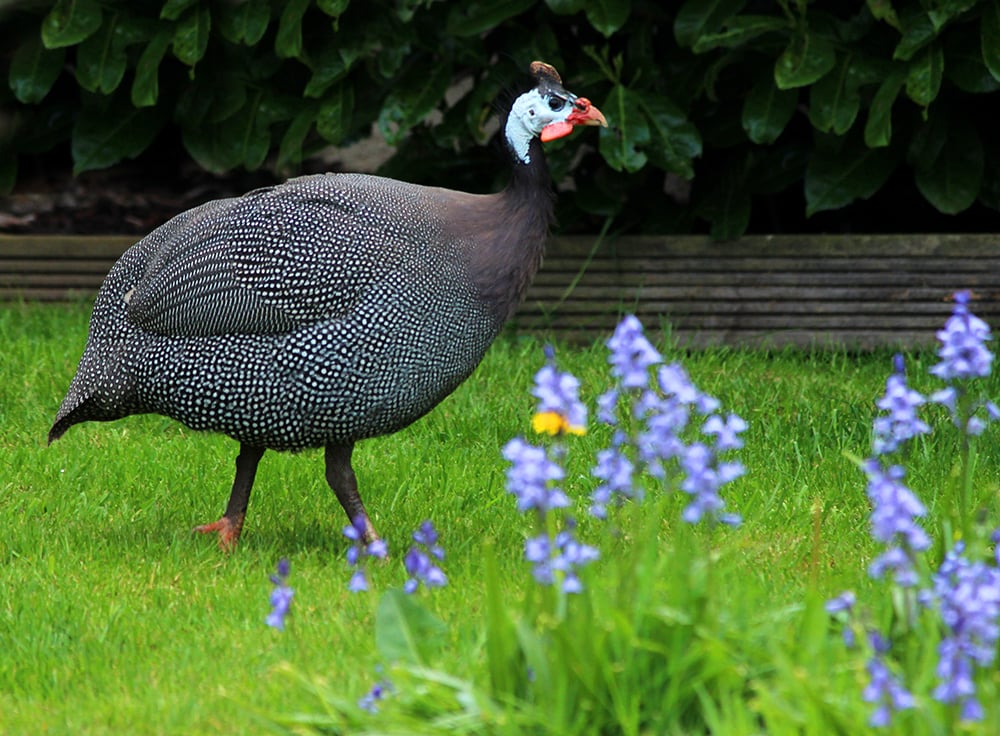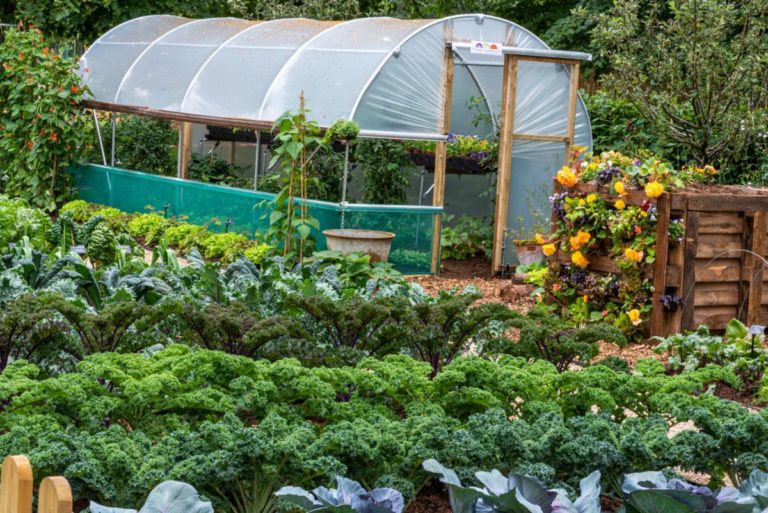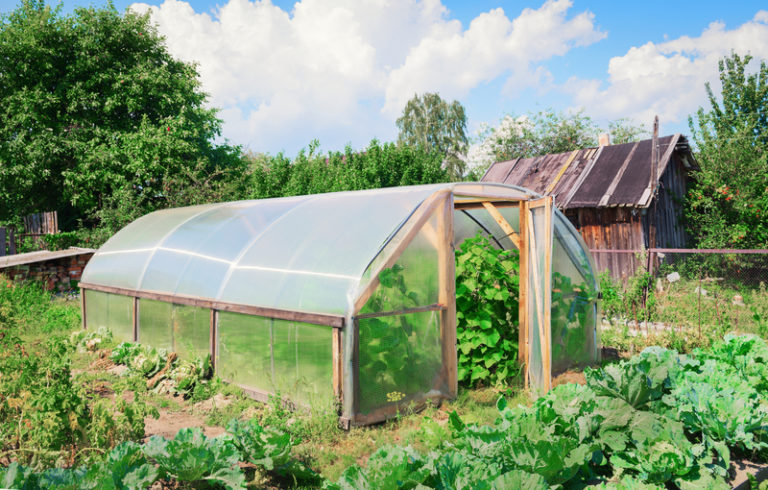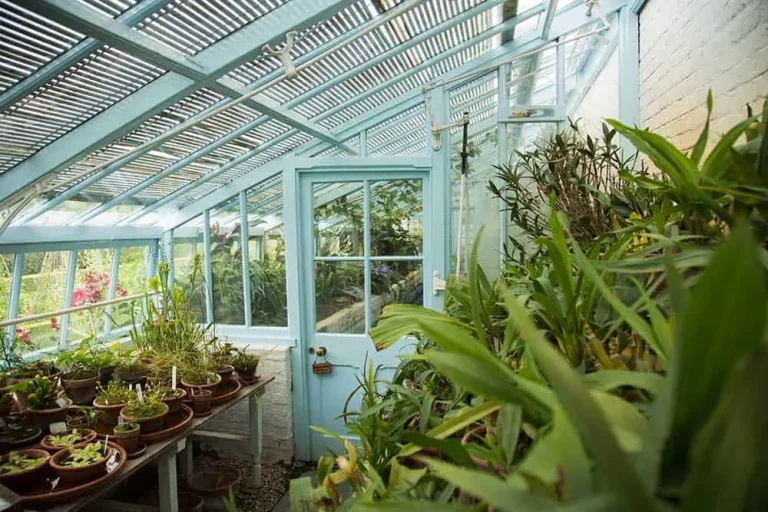Raising guinea fowl for pest control is a cost-effective and environmentally friendly solution that can help you keep your garden or property free of unwanted insects and rodents.
Unlike chemical pesticides, guinea fowl are a natural and sustainable way to manage pests, and they provide other benefits such as fertilizing the soil and serving as an early warning system for predators.
We will explore the reasons why you should start raising guinea fowl for pest control, as well as provide practical tips on how to do it successfully.
By the end of this post, you’ll be equipped with all the knowledge you need to get started on your own guinea fowl-based pest management system.
Effective pest control
Guinea fowl are known to be effective in controlling pests such as ticks, fleas, and mosquitoes, which can be a nuisance in your backyard or farm.
These birds are known to be excellent pest controllers, feeding on ticks, fleas, and mosquitoes that can be a nuisance to both humans and animals.
By allowing guinea fowl to roam freely in your yard or farm, you can naturally reduce the population of these pests, creating a healthier and more enjoyable environment for everyone.
Plus, guinea fowl are also great at controlling snails and slugs, which can be harmful to your plants.
With their distinctive calls and unique appearance, guinea fowl are a valuable addition to any backyard or farm, providing both pest control and entertainment.
Naturally kept pests away
Unlike chemical pesticides, guinea fowl do not harm the environment and are a natural way to keep pests away from your crops and property.
Guinea fowl are an excellent, environmentally-friendly solution for pest control.
Unlike chemical pesticides that can harm the environment and human health, guinea fowl do not leave any harmful residues behind.
They are a natural, biological control method that can effectively keep pests away from your crops and property.
Guinea fowl are voracious eaters of insects, slugs, and other invertebrates that can damage your plants or spread disease.
They have a strong pecking instinct and can quickly dispose of unwanted pests, making them a valuable addition to your garden or property.
Plus, guinea fowl are low-maintenance and require minimal care, making them an attractive option for anyone looking for an eco-friendly pest control solution.
By introducing guinea fowl to your garden or property, you’ll be using a natural method to keep pests at bay, ensuring a healthier and more productive growing environment for your plants and crops.
Easy to maintain
Guinea fowl are relatively easy to maintain and require minimal equipment and resources.
Guinea fowl are an ideal choice for backyard chicken keepers who are looking for a low-maintenance and hardy bird.
They are relatively easy to maintain, requiring minimal equipment and resources compared to other livestock.
Unlike chickens, guinea fowl are known to be highly resilient and can thrive in harsh weather conditions, making them a perfect choice for cold climates.
They are low-grain eaters and can survive on a diet of weeds and insects, which eliminates the need for expensive feed and supplements.
They are also known to be clean birds, requiring only occasional cleaning of their coop and runs.
Furthermore, guinea fowl are highly disease-resistant and require minimal veterinary care, making them a cost-effective and stress-free addition to any backyard flock.
Overall, guinea fowl are a perfect choice for beginners and experienced chicken keepers alike who are looking for a low-maintenance, resilient, and adaptable bird.
Multipurpose birds
In addition to pest control, guinea fowl are also good foragers and can be used for meat, eggs, and feathers.
Guinea fowl are an excellent choice for farmers and homesteaders who are looking for multipurpose birds that can provide not just pest control but also other valuable products.
As good foragers, guinea fowl can be used to help control weeds and insects, making them an environmentally-friendly alternative to chemical pesticides.
Guinea fowl are a great source of meat, with their lean and flavorful breasts making them a popular choice for backyard farmers.
Furthermore, guinea fowl lay delicious eggs that are rich in protein and omega-3 fatty acids, making them a nutritious addition to any meal.
And, of course, guinea fowl are known for their beautiful feathers, which can be used for crafting and other purposes.
Overall, guinea fowl are a versatile and valuable addition to any farm or homestead, providing numerous benefits that go beyond just pest control.
Hardy and adaptable
Guinea fowl are hardy and adaptable birds that can thrive in a variety of climates and living conditions.
Guinea fowl are incredibly resilient and adaptable birds that can thrive in a wide range of climates and living conditions.
These birds are well-suited to hot and humid environments, and can withstand extreme temperatures and humidity levels without any issue.
In addition, guinea fowl are highly adaptable and can easily adjust to new living situations, making them an excellent choice for backyard chicken keepers who may have varying weather conditions or other challenges.
They are also able to tolerate a wide range of altitudes and can be found at elevations ranging from sea level to over 7,000 feet.
Whether you live in a hot and humid climate or a cooler, more temperate one, guinea fowl are a great choice for any backyard chicken keeper looking for a hardy and adaptable bird.
Good for small farms
Guinea fowl are a good choice for small farms or backyards because they require less space and resources than larger livestock.
Guinea fowl are an excellent choice for small farms or backyards due to their compact size and minimal space requirements.
Unlike larger livestock such as cattle or sheep, Guinea fowl require minimal grazing space and can thrive in smaller areas.
This makes them an ideal choice for farms with limited acreage or for those who want to keep their animals close to home.
Guinea fowl require less resources such as feed and water, which can help reduce the overall cost of maintaining them.
Plus, they are easy to care for and can provide a natural form of pest control, making them a versatile and beneficial addition to any small farm or backyard.
Improve soil health
Guinea fowl are known to improve soil health by eating ticks and other insects that can harm the soil and the plants growing in it.
Guinea fowl are a valuable addition to any farm or garden, as they have a unique ability to improve soil health.
These birds are known to eat ticks and other harmful insects that can damage the soil and the plants growing in it.
By consuming these pests, guinea fowl help to reduce the amount of chemicals and pesticides that are needed to control them.
This not only helps to maintain a healthy ecosystem, but it also improves the overall health of the soil.
Guinea fowl manure is also rich in nitrogen, phosphorus, and potassium, which are essential nutrients for plant growth.
Their scratching and pecking activities help to aerate the soil and break up clumps, allowing water and nutrients to penetrate more easily.
By incorporating guinea fowl into your farm or garden, you can improve the soil’s structure, fertility, and overall health, leading to healthier and more productive plants.
Reduce parasite load
By controlling pests, guinea fowl can help reduce the parasite load on your livestock, leading to healthier and more productive animals.
Reduce parasite load: Guinea fowl can help control pests and reduce the parasite load on your livestock, leading to healthier and more productive animals.
Parasites such as ticks, flies, and lice can cause significant harm to livestock, spreading diseases and causing discomfort.
Guinea fowl can help eliminate these pests by eating the parasites and their eggs, effectively reducing the parasite load on your animals.
This can lead to healthier and more productive livestock, as they will be less burdened by parasites and their associated health issues.
By incorporating guinea fowl into your livestock management strategy, you can help improve the overall health and productivity of your animals, leading to a more successful and sustainable farm or ranch.
Want More? Dive Deeper Here!
Hey there! If you’re the type who loves going down the rabbit hole of information (like we do), you’re in the right spot. We’ve pulled together some cool reads and resources that dive a bit deeper into the stuff we chat about on our site. Whether you’re just killing time or super into the topic, these picks might just be what you’re looking for. Happy reading!






